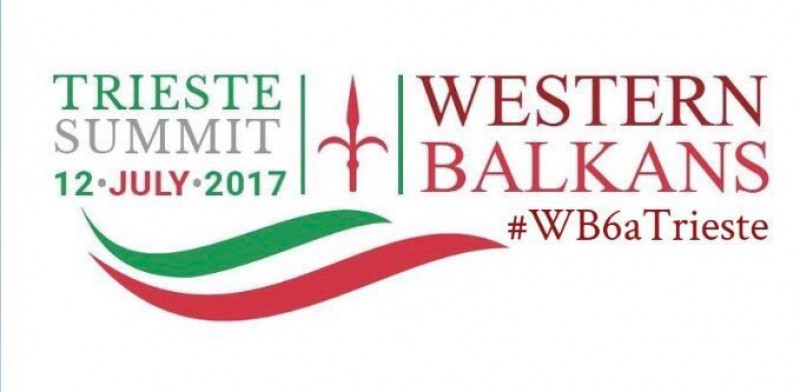Regional Cooperation Council (RCC) Secretariat

RCC tasked to monitor and inform on the progress achieved in its implementation
Trieste - The leaders of Western Balkans Six (WB6) endorsed the Multi-annual Action Plan on a Regional Economic Area in the Western Balkans (MAP), at the summit in Trieste today. The MAP has been created to enable unobstructed flow of goods, services, capital and highly skilled labour, making the region more attractive for investment and commerce, accelerating convergence with the EU thus bringing prosperity to Western Balkans citizens.
The MAP actions are designed to help the private sector reap the economies of scale of a 20 million market, and refocus the growth model towards more indigenous, long-term driven growth. The actions are focused on:
promotion of further trade integration;
introduction of a dynamic regional investment space;
facilitation of regional mobility;
creation of a digital integration agenda.
The Regional Cooperation Council (RCC) Secretariat has been tasked, together with CEFTA for the free trade area, to inform the Berlin process Summits on regular basis on the progress achieved on the actions defined in the MAP.
“We at the RCC are proud to be tasked by the regional leaders and EU to prepare this ambitious plan. It serves as an important stepping stone for the Western Balkans to better integrate into European and global value chains, and converge faster with the rest of the continent,” said RCC Secretary General, Goran Svilanovic.
“Six WB leaders expressed their full commitment to implement the MAP. This will provide important impetus to the EU accession paths based on individual merits, speed up full compliance with the Copenhagen economic criteria and unleash greater economic potentials. The MAP stems from the commitments undertaken within the framework of the South East Europe 2020 Strategy and Central European Free Trade Agreement. It is based on EU rules and principles as reflected in the Stabilisation and Association Agreements.”
WB6 leaders recognized that the implementation of a comprehensive agenda put forward by MAP will require dedicated engagement and strong coordination and partnership between the authorities, existing regional organizations, the private sector, the international organizations and donors active in the relevant policy areas, and the European Union.
Therefore, WB6 Leaders have called on the international organizations, IFIs and donors working to support reforms in the policy areas of the MAP to align their assistance programmes with the needs identified in MAP implementation. A dedicated donor coordination conference should be organised for that purpose before the end of 2017.
No comments:
Post a Comment